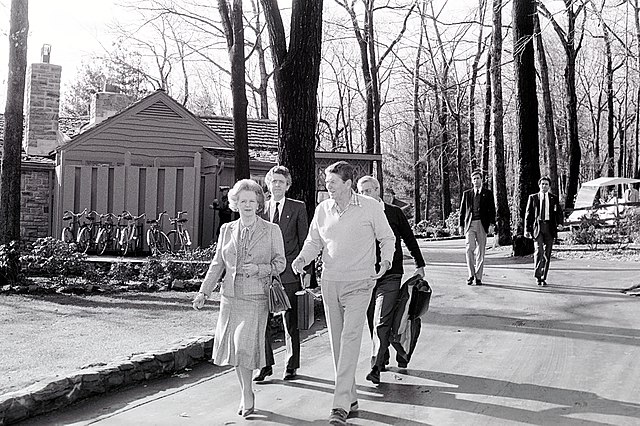Tested against the global political struggles of feminist and anti-colonialist activists, cultural studies scholarship during the 1970s shifted from the subversion of humanist and empiricist dichotomies to the problematization of the limits and possibilities of postmodern critical knowledges themselves. Arguing for analyses that acknowledge the persistence of hierarchical systems and structures—such as neo-imperialism, and the persistent division of labor by sex—as social relations and subjectivities have become more individualized, fragmented, and unstable, we may recognize the year of 1980 as the symbolic moment cultural studies scholars would particularly problematize the categories, oppositions, and dichotomies on which conventional notions of race and sex rely. This article chronicles some of the key debates coming to a head over the course of the late 1970s which would prove fundamental to the development and continued importance of the cultural studies project over the course of the 1980s.
